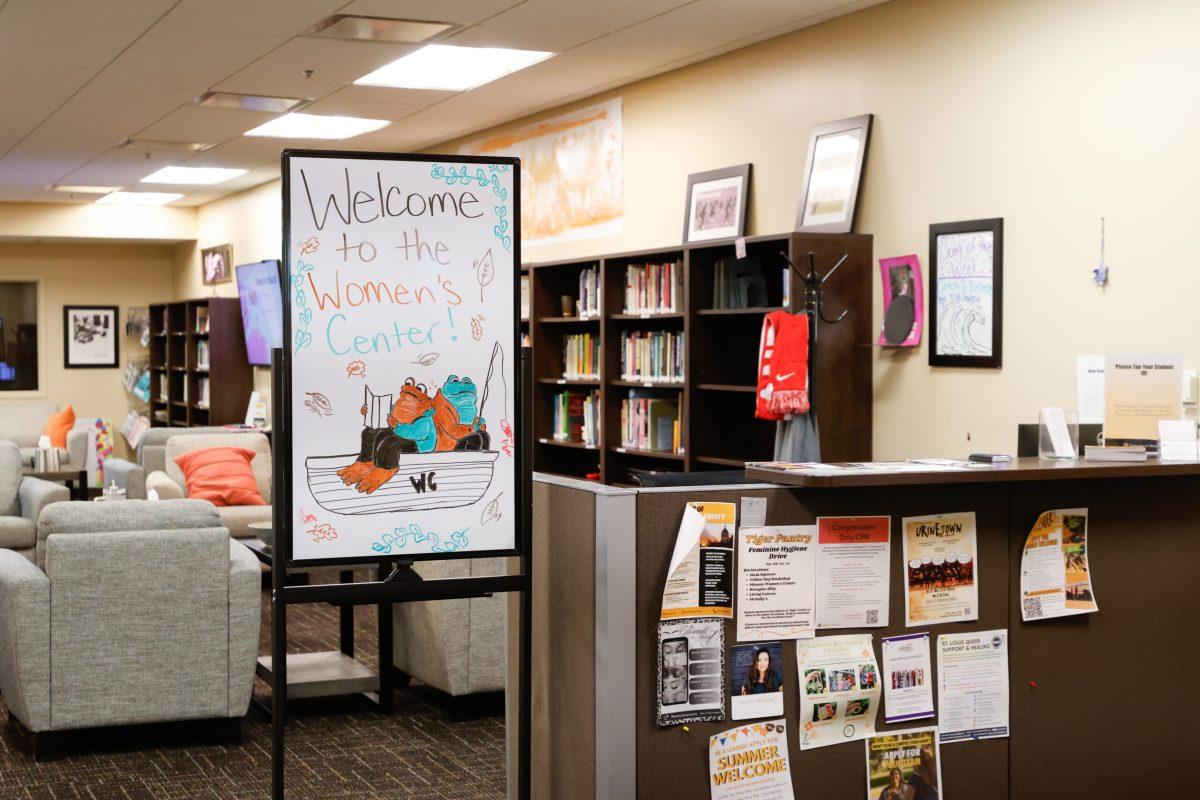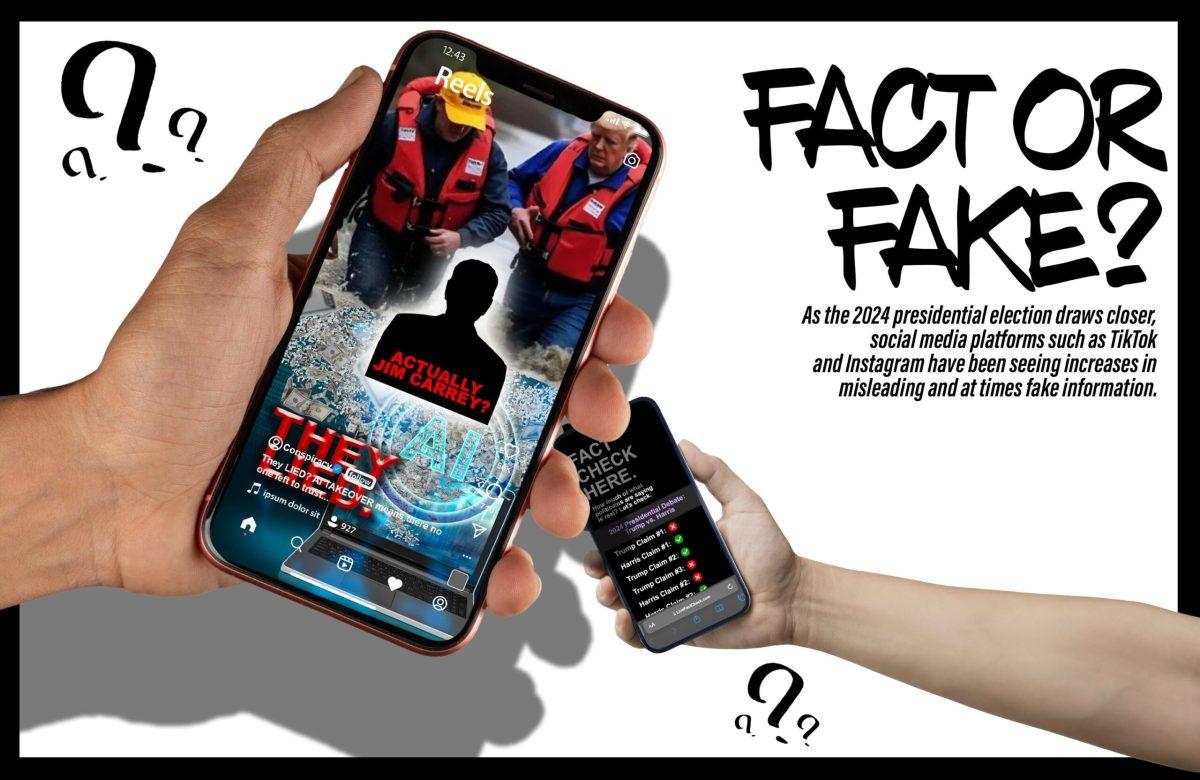“I’ve heard there was a secret chord
that David played, and it pleased the Lord.
But you don’t really care for music, do you?
It goes like this:
The fourth, the fifth,
the minor fall, the major lift,
the baffled king composing Hallelujah.
Hallelujah, hallelujah.”
I’ve heard this song, Rufus Wainwright’s version of “Hallelujah,” played almost
everywhere I’ve traveled to. It can’t be found on a Billboard chart or in a club. It is an older song in the eyes of the music industry. And few would know Wainwright’s name but for this song. But somehow, it shows up everywhere.
“Your faith was strong, but you needed proof
You saw her bathing on the roof —
Her beauty and the moonlight overthrew you.
She tied you to a kitchen chair,
She broke your throne,
She cut your hair,
And from your lips, she drew the Hallelujah.
Hallelujah, hallelujah.”
It played in a pub in Edinburgh, Scotland. In a pizza restaurant in Krakow, Poland. Resonating from a student’s earbuds on a train from Rome, Italy. An Australian picked it out of my iTunes in Columbia, Missouri. I listened to it in an apartment living room in Pau, France. It was playing over grocery store loudspeakers in Belgrade, Serbia. And every time it comes on, everyone in the room pauses. Even if it is just for the briefest of seconds, there will be a hush and a marked change in the room. And if the setting is an intimate one, around a table or with close friends, conversation will stop.
“Maybe I have been here before,
I know this room, I’ve walked this floor.
I used to live alone before I knew you.
I’ve seen your flag on the marble arch,
Love is not a victory march
It’s a cold and it’s a broken Hallelujah
Hallelujah, hallelujah.”
If the mood is right, sometimes people will even sing along. Led by Wainwright’s cello-like voice, others’ will swell up quietly, reverently, lingering on each word. And all the soul and emotion in the room is poured into the lyrics.
But even if no one sings, even if you are among strangers, the song sweeps everyone listening up and somehow, for four minutes and nine seconds, it transforms the crowd listening into people who are now somehow less than strangers. And among friends, a shared commonality is cemented.
“There was a time you let me know,
What’s real and going on below,
But now you never show it to me, do you?
And remember when I moved in you?
The holy dark was moving too,
And every breath we drew was Hallelujah.
Hallelujah, hallelujah.”
It references religion, but it’s not religious. It is a song of passion and love and pain, and finally of a tired, relieved acceptance. It is universal and emotional and beautiful in a genuinely raw way that few other songs from our generation are.
“Maybe there’s a God above,
And all I ever learned from love
was how to shoot at someone who outdrew you.
And it’s not a cry you hear at night,
It’s not somebody who’s seen the light,
It’s a cold and it’s a broken hallelujah.”
It’s not Lady Gaga, or Rihanna or Katy Perry. It’s not Cee-Lo Green, or Jason Aldean or Kanye. And there are other versions by other artists, but it’s this quiet rendition by a quiet artist that has somehow, somehow, managed to reach us and unite us, no matter where we are.
“Hallelujah, hallelujah.
Hallelujah, hallelujah.”
It’s a song that can make people set down their pint in a pub, pause while picking up an apple, fall silent even among a group of close friends. A song that, for the briefest of moments, touches us — our generation — in both a more global and a more intimate way than any number of auto-tuned songs and DJ-spun beats played across the world.
Surely, that must mean something.










